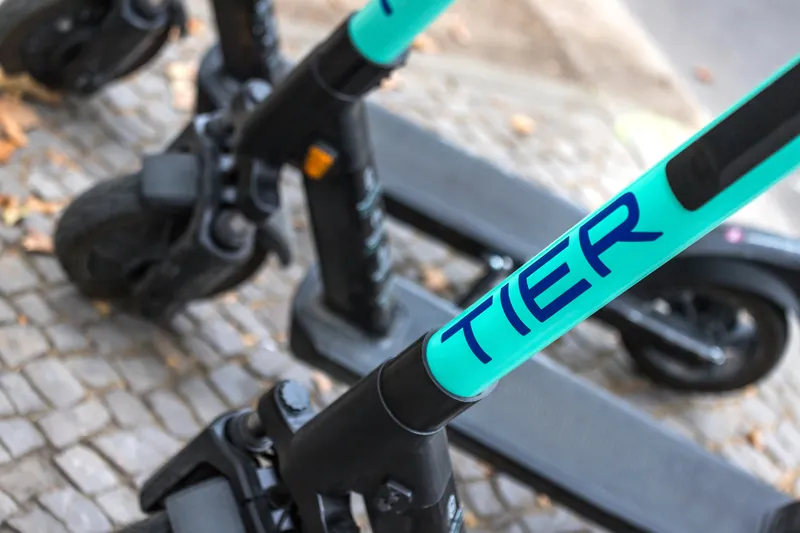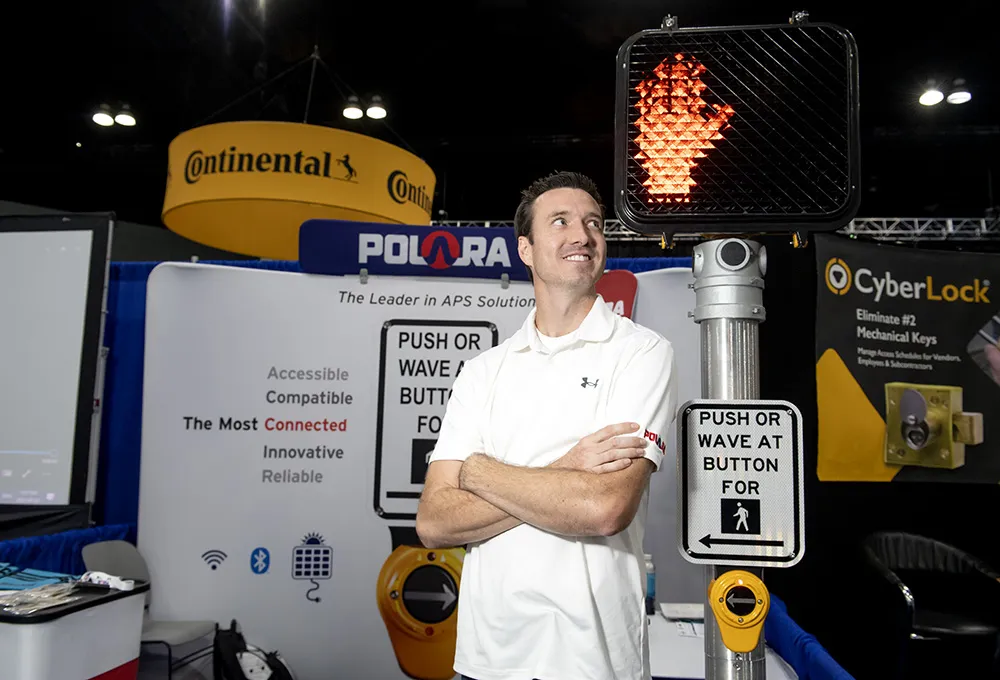The city of Melbourne, Australia, is trialling new technology in a bid to improve pedestrian safety at intersections.
Lights have been installed in footpaths along the edge of the road at the intersection of Little Collins Street and Swanston Street. They change colour between red and green in time with the pedestrian crossing signals. The lights will be switched on around the clock, helping people walking at night or looking down at their phones know where the footpath ends.
The intersection was cho
March 27, 2017
Read time: 1 min
The city of Melbourne, Australia, is trialling new technology in a bid to improve pedestrian safety at intersections.
Lights have been installed in footpaths along the edge of the road at the intersection of Little Collins Street and Swanston Street. They change colour between red and green in time with the pedestrian crossing signals. The lights will be switched on around the clock, helping people walking at night or looking down at their phones know where the footpath ends.
The intersection was chosen for the trial due to a large number of people who cross roads at the intersection and disobey pedestrian crossing signals.
At the end of the twelve month trial, Victoria’s road safety agencies will assess the footpath infrastructure’s suitability for roll out at other intersections across Melbourne.
Lights have been installed in footpaths along the edge of the road at the intersection of Little Collins Street and Swanston Street. They change colour between red and green in time with the pedestrian crossing signals. The lights will be switched on around the clock, helping people walking at night or looking down at their phones know where the footpath ends.
The intersection was chosen for the trial due to a large number of people who cross roads at the intersection and disobey pedestrian crossing signals.
At the end of the twelve month trial, Victoria’s road safety agencies will assess the footpath infrastructure’s suitability for roll out at other intersections across Melbourne.










